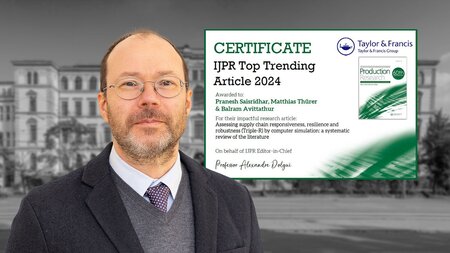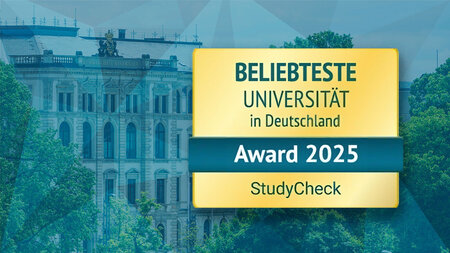5th EurOMA Central and Eastern European (CEE) Research Network Workshop
Tue. September 16, 2025 - Wed. September 17, 2025 in Chemnitz (Germany)
"Regional Transformation: From 'De re metallica' to Electro Mobility and Chips"
Objectives and Scope of EurOMA CEE 2025
– Regional Transformation: From 'De re metallica' to Electro Mobility and Chips –
The 5th EurOMA CEE Research Network Workshop brings together enthusiastic operations management, industrial engineering, and management scholars (e.g., professors, instructors, lecturers, researchers at all levels, PhD students, postdocs) and practitioners from the CEE region. Scholars will meet to discuss and develop effective research opportunities connected with the central theme of Transformation in Operations and Supply Chain Management, Industrial Engineering and Management, and the related challenges, e.g., digitalization, sustainability, circular economy, ethics, and innovation. A specific focus is given to opportunities and challenges in Central and Eastern Europe. Chemnitz is located at the centre of Central and Eastern Europe, with the ore mountains as border crossing, traditional economic region. According to Chriss Voss, the first text book on Operation Management originates in this region and from this tradition. Unfortunately, little cooperation exists today. This research network workshop seeks to rebuilt this tradition. It is the first time in East Germany, which experienced specific challenges and disruptions, but also hopes and new futures.
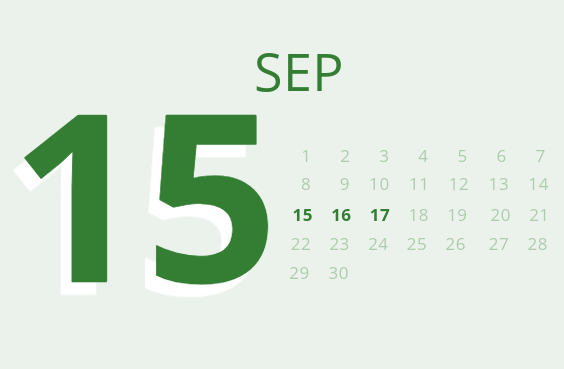
- Welcome Reception
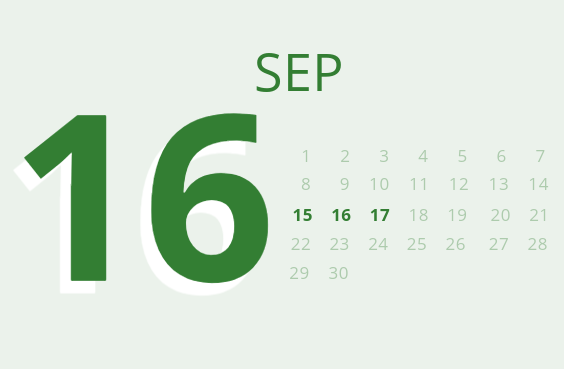
- Keynotes
- Workshops & Discussions
- Gala Dinner

- Hands-On Workshop
- Hiking Event
Keynotes & Program
Preliminary program as of October 2024
Download here
Keynote 1: Stefan Gold
– Building diverse, equitable, and inclusive operations and supply chains: Bringing public policy back in –
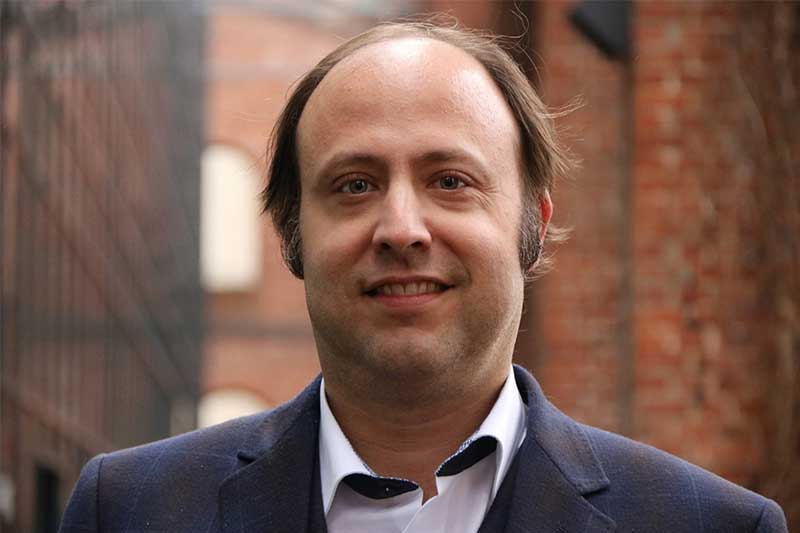
Abstract: While we have seen some encouraging examples of firms that try to drive diversity, equity, and inclusion (and other sustainability) practices into their supply chains, progress has been frustratingly slow. A key impediment today and a potential enabler tomorrow is the array of public policies that sets the "rules of the game" in operations and supply chain management (OCSM). In this presentation, I differentiate three types of public policy regimes - laissez-faire, regulatory, and transformative - and analyze how each differentially affects DEI practices in OSCM. The analysis suggests that the laissez-faire type may not offer sufficient incentives to trigger a comprehensive change in DEI (and other sustainability) practices, while the regulatory and transformative types offer more incentives but, in many instances, do not work as expected.
Bio: Stefan Gold is Professor and Holder of the Chair for Sustainability Management at the University of Kassel (Germany). Previously, he worked at the International Centre for Corporate Social Responsibility (ICCSR) at the University of Nottingham (United Kingdom) and at the Chair of Production and Logistics Management at the University of Neuchâtel (Switzerland). His research interests comprise sustainable operations and supply chain management, sustainability management, corporate accountability, and humanitarian logistics.
Keynote 2: Alexander Hübner
– Minimizing Food Waste in Retail Supply Chains –
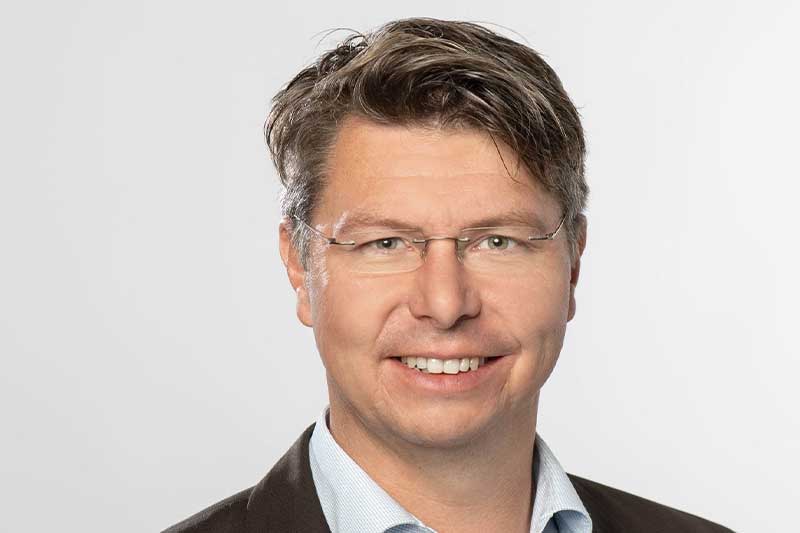
Abstract: Food waste is a significant sustainability challenge for retailers, leading to higher carbon emissions and increased costs, yet empirical evidence on its root causes remains limited. The talk will give an overview of drives of waste, but also on options to reduce food waste in stores.
Bio: Prof. Dr. Alexander Hübner is a Full Professor for Supply and Value Chain Management at the Technical University Munich (TUM) in Germany. Prof. Hübner holds a Ph.D. (2011) and a Diploma in Business Administration from the Catholic University of Eichstaett-Ingolstadt, where he also completed his Assistant Professorship. He then moved to the Massachusetts Institute of Technology (MIT), where he was an Associate Professor for Logistics and Supply Chain Management at the Luxembourg Centre of Logistics. Before joining the TUM, he headed the Institute for Supply Chain Management at the European Business School in Oestrich-Winkel. He also worked as a project manager with a top management consultancy that served retail and consumer goods clients (2005 - 2012). His research was funded amongst others by the German Ministry of Research and by the German Academic Exchange Service. His latest research has been published in journals such as Transportation Science, Journal of Operations Management, Production and Operations Management, and European Journal of Operational Research. His research focuses on decision support systems in the retail industry. He is the founder and leader of the EURO Working Group “Retail Operations”. He was privileged to act as guest Editor for the European Journal of Operational Research, Journal of Operations Management, OR Spectrum, and International Journal of Production Economics on special issues related to retail operations. He is the Editor-in-Chief of Logistics Research.
Keynote 3: Dmitry Ivanov
– New trends in supply chain resilience and digital twins –
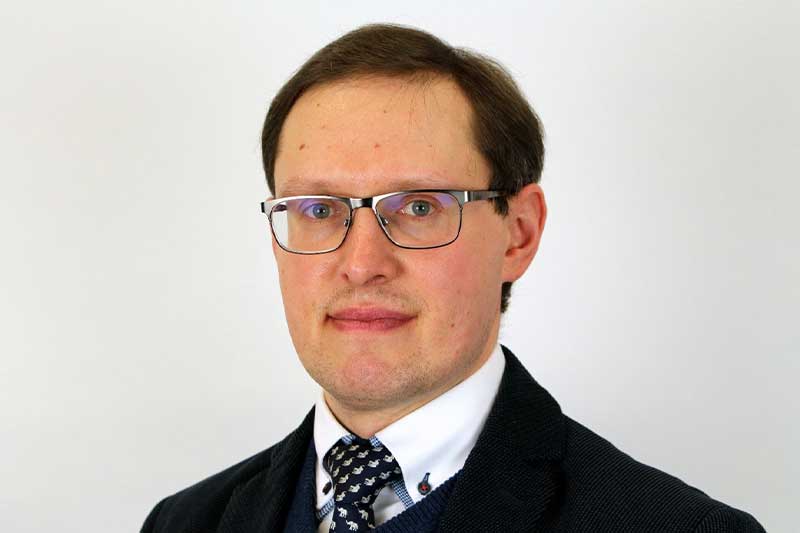
Abstract: This talk is devoted to outlining industry and academic developments in supply chain resilience and digital twins. We will discuss adaptation-based principles of supply chain resilience and viability, design and implementation of digital twins in supply chains, Human-AI collaboration for resilience and supply chain stress testing, and organizational blueprints. Practical implementations will be illustrated using anyLogistix supply chain simulation and optimization software.
Bio: Prof. Dr. Dr. habil. Dmitry Ivanov is Professor of Supply Chain and Operations Management, and director of the Digital-AI Supply Chain Lab at the Berlin School of Economics and Law. His research spans supply chain resilience and digital supply chain twins. Author of the Viable Supply Chain Model and founder of the ripple effect research in supply chains. Recipient of several research excellence awards. His research record counts around 470 publications, with more than 160 papers in prestigious academic journals and the leading books “Global Supply Chain and Operations Management” (three editions), “Introduction to Supply Chain Resilience”, “Introduction to Supply Chain Analytics”, „Structural Dynamics and Resilience in Supply Chain Risk Management“, “Scheduling in Industry 4.0 and Cloud Manufacturing”, “Digital Supply Chain” and „Handbook of Ripple Effects in the Supply Chain“. He delivered invited plenary, keynote, panel and guest talks at the conferences of INFORMS, IFPR, IFIP, IFAC, IEEE, DSI and POM, and over 40 universities worldwide. He has been Chairman, IPC Chair, and Advisory Board member for over 80 international conferences in supply chain and operations management, industrial engineering, control and information sciences. Principal investigator in several projects about digital supply chain twins and resilience funded by EU Horizon and DFG. Listed in several rankings as one of the most cited researchers in Business and Management (e.g., listed #1 worldwide in Supply Chain area by ScholarGPS in 2024). Chair of IFAC CC 5 “Cyber-Physical Manufacturing Systems”, Editor-in-Chief of International Journal of Integrated Supply Management, Editor Annals of Operations Research, Associate Editor of International Journal of Production Research and OMEGA, guest editor and Editorial Board member in over 20 leading international journals including IISE Transactions and IJPE, to name a few.
Workshops at EurOMA CEE 2025
Playing seriously: developing strategic production management perspectives with a serious play approach
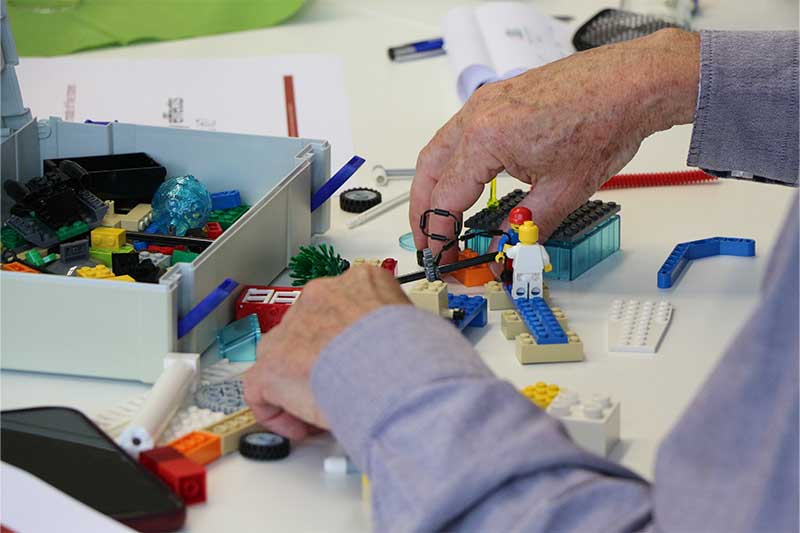
In a 2hrs-workshop you will get to know Lego® Serious Play® – a method for “facilitated thinking”. Within a group of 8-10 people we will develop a joint vision on how to successfully integrate humans into smart production systems. Lego® Serious Play® supports communication, teamwork and complex problem solving. Experience this unique technique and let your hands do the thinking work. “The answer is in the system” – let’s reveal it!
From the sensor to the user – How to get information from processes and machines?
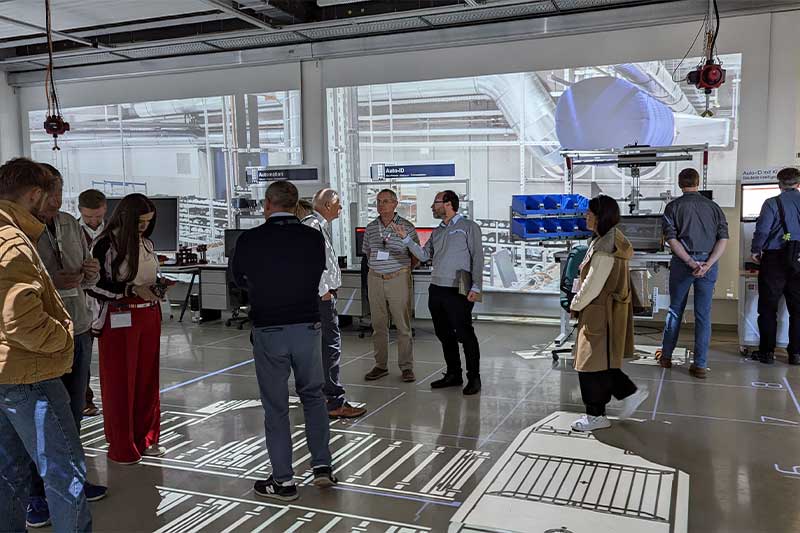
In our compact 3-4hrs workshop you will learn how data in production systems can be efficiently prepared, processed, recorded, and visualized all the way from the sensor to the user. In a small group of 8-10 participants, we will dive into the world of open-source software and hardware and use it to develop practical solutions for digital data processing. The workshop combines theory with practical examples from our experimental and digital factory lab (EDF), and teaches skills that you can integrate directly into your work. Learn how to use simple technologies to solve complex problems and how to present data in a visually appealing way.




